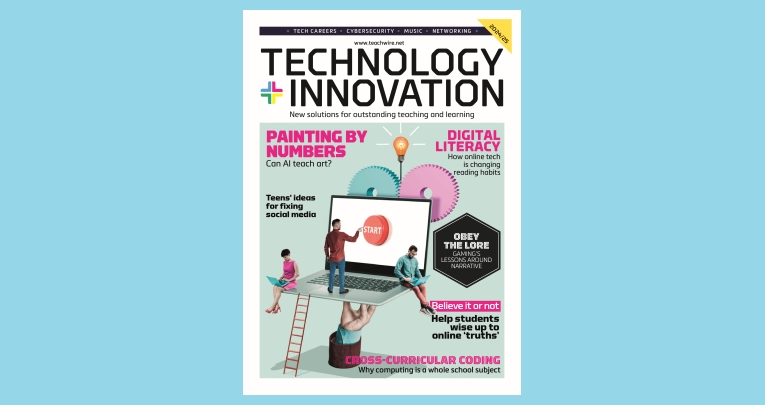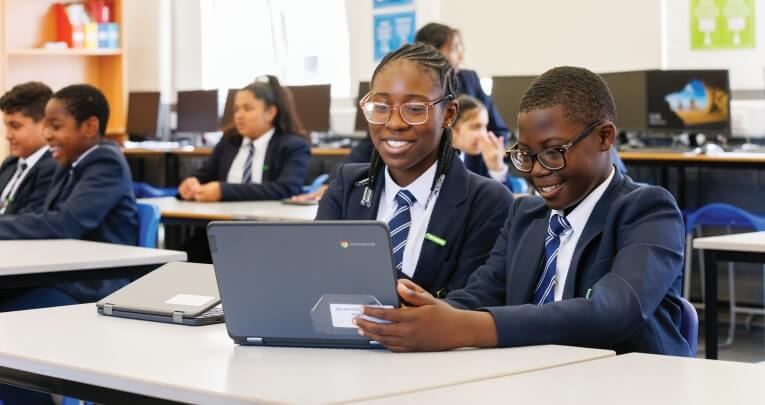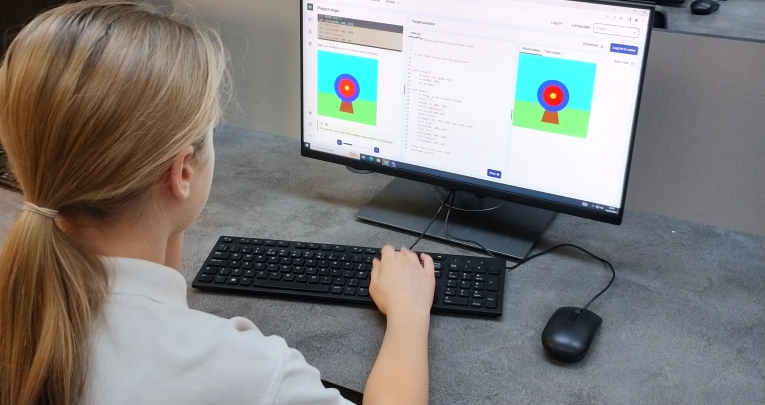“Do we control the technology, or does it control us?” Yes, it’s a trite question that could serve as the tagline to any number of hokey sci-fi films over the decades, but one that schools need to be sincerely asking themselves, now more than ever.
In place of server rooms and complex, on-site data retrieval networks there are now highly sophisticated, easy-to-use cloud solutions that streamline schools’ various administrative tasks in all manner of ways – but which make the issue of cybersecurity one that schools can’t afford to ignore (see page 46).
Another development schools are having to grapple with is the growing influence of artificial intelligence over how we operate our devices and interact with online services.
There are sound reasons for scepticism with regard to the much talked-up ‘AI revolution’ – if you want an eye-opening read, try researching the financial arrangements that underpin the (for now) non-profit market leader, OpenAI – but as of right now, the technology’s presence in schools has become a fact of life.
That’s not necessarily a bad thing, per se. With teacher workloads still consistently falling on the wrong side of ‘punishing’, there are some very real advantages to having a multifunctional, text-based clever clogs at your disposal during a busy school day (see page 60). However, matters quickly become much more thorny when eager students present their teachers with AI-assisted ‘work’ that’s meant to demonstrate their aptitude for creativity and invention (see page 50).
“There are sound reasons for scepticism with regard to the much talked-up ‘AI revolution’.”
Of course, AI’s hardly the first technological innovation to come along with the potential to completely rewire how students behave and think. Video games have been weaving their seductive spell on the nation’s youth – and adults – since at least the 1980s, though we perhaps shouldn’t be so quick to dismiss the degree to which modern games might have a thing or two teach kids about world-building and crafting stories (see page 32).
And lest we forget, the current Y7 to Y11 cohort have never known a world without a handful of social media companies operating at a global scale. Given how immersed in social media services they’ve been, it’s hardly surprising that they’ve got some thoughts on how they could be reimagined and improved for everyone (see page 52).
So, are we calling shots, or merely dancing to Big Tech’s tune? We might not be able to give you a definitive answer to that in this edition of Technology and Development, but we can hopefully at least spotlight a few areas worth thinking about, and some helpful insights into modern education practice.
Best wishes
Callum Fauser – Editor










